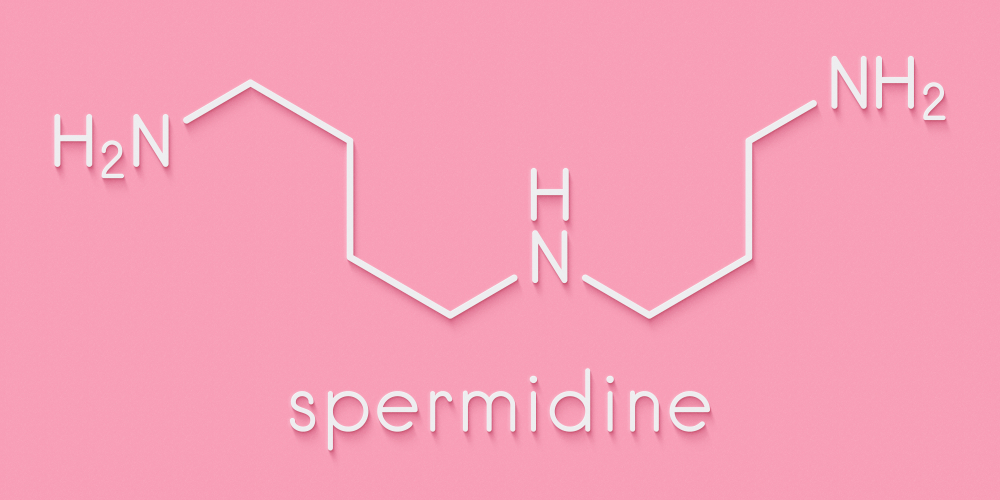
Herpes may account for 50% of Alzheimer’s cases
October 24th, 2018According to new research, the Herpes virus is linked to half of all Alzheimer’s cases; the new paper was published in the Frontiers in Aging Neuroscience journal. Ruth Itzhaki, the leading professor of recent studies in Taiwan found the risk of dementia was significantly reduced for patients with severe Herpes infections when given antiviral drugs.
Herpes simplex (HSV1) is a common virus and the majority of the population will have contracted it by the time they reach old age and it could be behind more than half of Alzheimer’s cases. The Herpes virus remains permanently in the body and resurfaces in blisters, especially if we are run down.
It’s estimated that 46 million people worldwide suffer with Alzheimer’s disease, the most common form of Dementia. Professor Itzhaki’s research suggests a potential way to treat the disease. She has found strong evidence that the Herpes virus is a cause of Alzheimer’s and suggests that effective antiviral drugs may be able to treat the disease. It could even be possible in the future to vaccinate children against it.
Previous studies have shown that cold sores occur most frequently if the carrier has a gene mutation called APOE-ε4 – this gene mutation has also been seen to increase the risk of Alzheimer’s.
Professor Itzhaki said: “Our theory is that in APOE -ε4 carries, reactivation is more frequent or more harmful in HSV1- infected brain cells, which as a result accumulate damage that culminates in development of Alzheimer’s”.
Researchers in Taiwan have collected population data and tested whether antiviral treatments reduce the risk of dementia.
Prof Itzhaki stated: “The striking results include evidence that the risk of senile dementia is much greater in those who are infected with HSV, and that anti-herpes antiviral treatment causes a dramatic decrease in number of those subjects severely affected by HSV1 who later develop dementia.”
Research by Prof Itzhaki’s scientists have seen HSV1 to cause protein deposits that are characteristic to Alzheimer’s – that is, “plaques” that appear between neurons with “tangles” inside them.
She said: “Viral DNA is located very specifically within plaques in postmortem brain tissue from Alzheimer’s sufferers.
The main proteins of both plaques and tangles accumulate also in HSV1-infected cell cultures – and antiviral drugs can prevent this.”
Further Reading
Trending Topic: ‘How to take antiviral BHT (Butylated Hydrotoluene) for Herpes’: https://aging-matters.com/how-to-take-bht-butylated-hydroxytoluene-for-herpes/
There is mounting evidence that herpes leads to Alzheimer’s : http://www.bbc.com/future/story/20181022-there-is-mounting-evidence-that-herpes-leads-to-alzheimers
References
1.) Ruth F. Itzhaki, Richard Lathe. Herpes Viruses and Senile Dementia: First Population Evidence for a Causal Link.Journal of Alzheimer’s Disease, 2018; 64 (2): 363 DOI:10.3233/JAD-180266
2.) Nian-Sheng Tzeng, Chi-Hsiang Chung, Fu-Huang Lin, Chien-Ping Chiang, Chin-Bin Yeh, San-Yuan Huang, Ru-Band Lu, Hsin-An Chang, Yu-Chen Kao, Hui-Wen Yeh, Wei-Shan Chiang, Yu-Ching Chou, Chang-Huei Tsao, Yung-Fu Wu, Wu-Chien Chien. Anti-herpetic Medications and Reduced Risk of Dementia in Patients with Herpes Simplex Virus Infections—a Nationwide, Population-Based Cohort Study in Taiwan. Neurotherapeutics, 2018; 15 (2): 417 DOI:10.1007/s13311-018-0611-x








